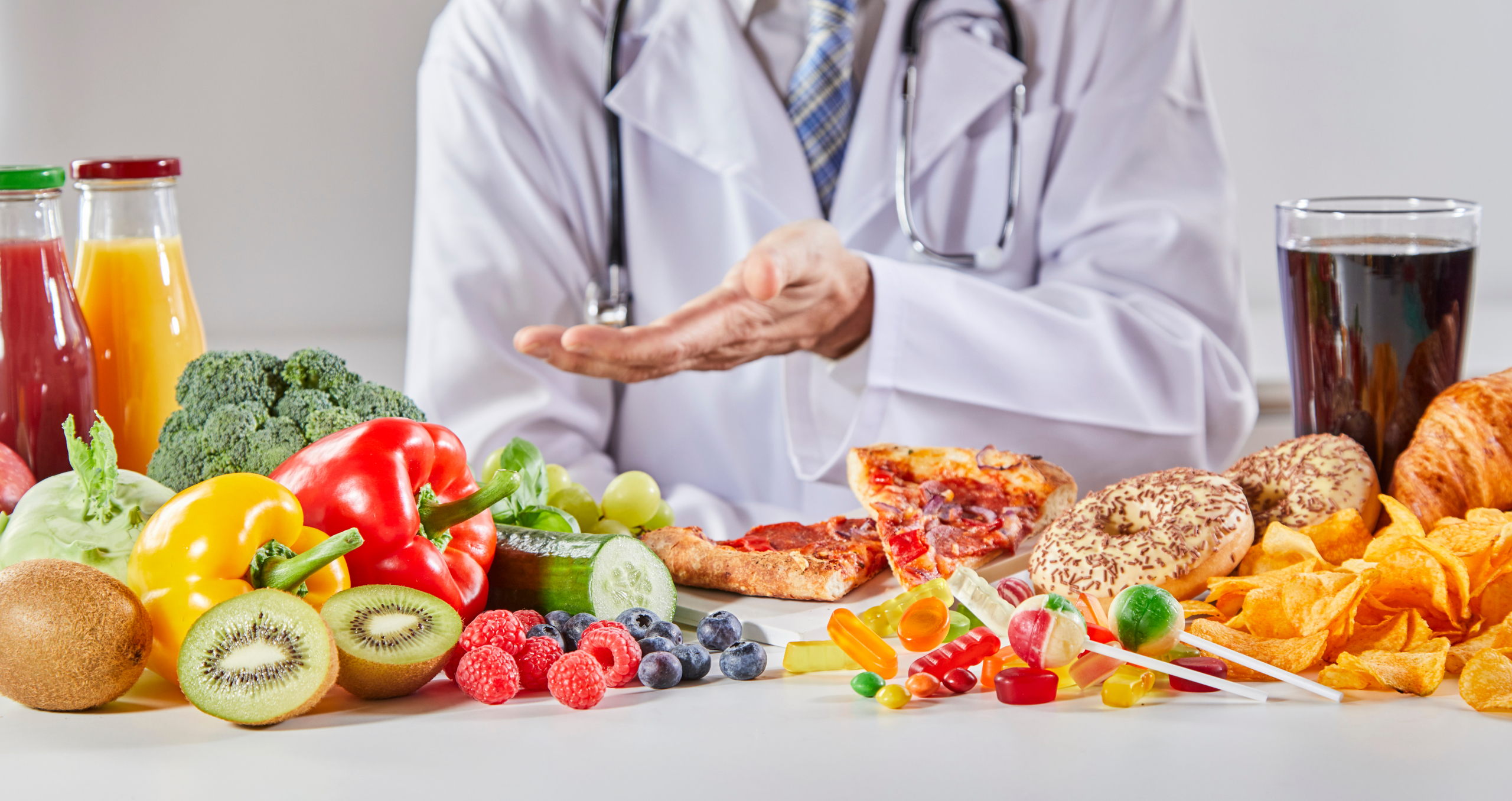Why Do Your Food Choices Matter?
While some people may doubt the effects of a good diet, studies show it has a huge influence. A solid diet can reduce the chance of stroke up to 80%, and when paired with other healthy behaviours like exercise, for example, the rates can easily go above 80%. But, as much as a good diet can help you prevent stroke, bad food choices can have complete reverse effects. It makes people more vulnerable to coronary heart diseases, especially stroke.
Which Foods Should You Steer Clear Of?
A typical Western diet can increase the risk of stroke by a shocking 58%. Different foods have been linked to different types of strokes. If you want to stay healthy, then you need to know what foods to skip. Here are the most dangerous foods for your heart health:- Salt
- Red meat
- Cholesterol-Rich foods
- Diet Soda
Leave a Comment